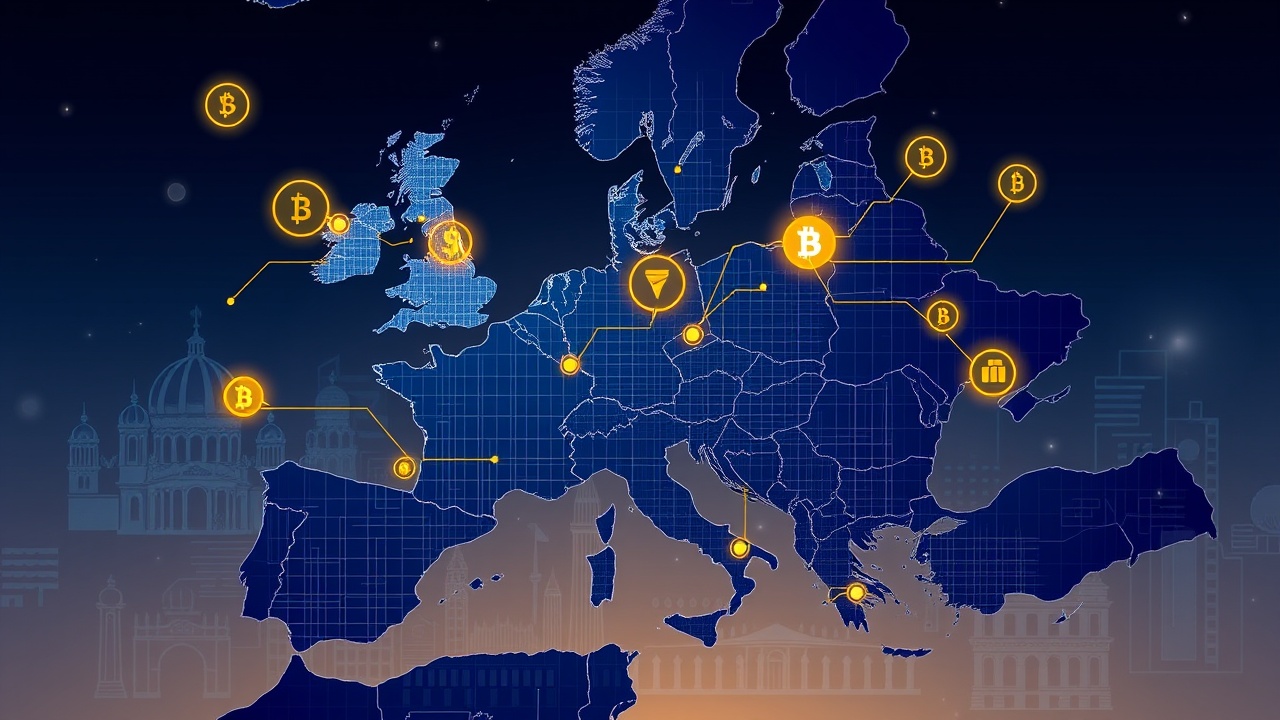Blockchain.com Secures MiCA License in Malta
Blockchain.com has recently obtained a MiCA license in Malta, joining several other cryptocurrency companies like Kraken, Gate, and Gemini in their quest to establish a foothold in the European Union market from the island.
Malta’s Appeal for Cryptocurrency Firms
A representative from Blockchain.com emphasized Malta’s appeal, citing its regulatory clarity, institutional support, and strategic access to the European Economic Area as key factors influencing their decision.
“Malta will be pivotal to our operations in Europe as we move forward. With Fiorentina D’Amore spearheading our European strategy from here, we are well-equipped to broaden our services throughout the region while ensuring full adherence to regulations and benefiting from strong local leadership,” the spokesperson remarked.
Transitioning Focus and Future Growth
This licensing is a crucial step for Blockchain.com as it transitions its focus within Europe from centralized exchanges to services such as brokerage, institutional infrastructure, and self-custody wallets, all of which are viewed as vital areas for future growth. The firm is also keeping an eye on regulatory changes in the UK, Singapore, Latin America, and the Middle East, while contemplating the potential for a public listing in the United States—although they did not confirm recent speculation about specific plans in this regard.
Understanding MiCA and Regulatory Scrutiny
The Markets in Crypto-Assets Regulation (MiCA), which will come into effect completely in late 2024, aims to standardize regulations for digital asset providers across the EU. This framework allows crypto businesses to obtain authorization in one member state, which then permits them to operate throughout the 27-member bloc.
However, Malta’s relatively relaxed regulatory environment has drawn scrutiny from other European regulatory bodies. Recently, market authorities from France, Austria, and Italy have expressed the need for enhanced EU oversight, as the implementation of MiCA has unveiled significant variations in national regulatory practices. They have suggested that direct oversight from the European Securities and Markets Authority (ESMA) would offer better protection for investors.
Concerns Over Regulatory Practices
Furthermore, a July review from ESMA highlighted potential gaps in Malta’s licensing practices, noting that while its financial authority demonstrates a level of expertise and cooperation, some risks during the authorization process were not fully addressed. Critics have pointed to Malta’s permissive stance on gambling and its past issuance of “golden passports” as contributors to a climate perceived as enabling regulatory arbitrage, making it easier for crypto firms to enter the EU compared to many neighboring nations.
The European Banking Authority (EBA) has raised concerns about a trend it labels “forum shopping,” where crypto organizations trend toward nations with less stringent regulations in pursuit of licenses, potentially threatening the stability of the EU’s financial framework.
Legal Perspectives on Regulatory Differences
Despite these concerns, some legal experts maintain that regulatory differences among EU members are an unavoidable characteristic of a unified market. Dr. Hendrik Müller-Lankow, an attorney with the German firm Kronsteyn, previously remarked that such supervisory arbitrage is happening across Europe and reflects the ongoing challenge of balancing national regulatory authority with EU integration.
“It is well known that people—and thus authorities—in different member states approach laws with varying mindsets,” he explained.




